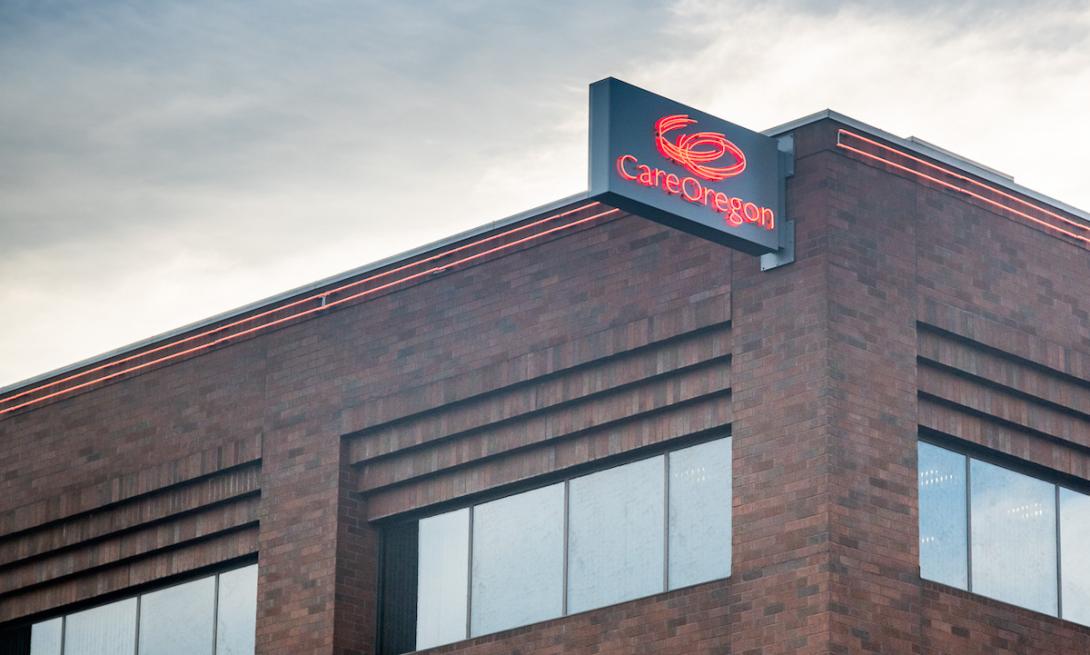
This article has been updated to incorporate additional reporting.
For the second time in a week, Oregon officials are delaying a key recommendation on whether to approve the proposed merger of the Portland-based nonprofit CareOregon into a California-based entity, SCAN Group.
The recommendation, which had initially been slated for Jan 12, then Jan. 17, is now being pushed back to March 18. An Oregon Health Authority announcement of the change provided no explanation but characterized the delay as coming “at the request of SCAN Group and CareOregon.”
An email obtained by The Lund Report under Oregon Public Records Law shows that a lawyer for the two entities asked for a 60-day delay on Jan. 12 to allow time to "address ... concerns" raised on behalf of the Oregon Health Authority and the Department of Consumer and Business services in a call earlier that day. Both agencies are reviewing the merger.
CareOregon and SCAN issued a joint statement regarding the new state announcement. “A decision was made by the Oregon Health Authority to extend the review period for SCAN and CareOregon to combine by 60 days. We look forward to successfully completing this union and are excited about the opportunity to provide Oregonians with locally based nonprofit health care.”
CareOregon receives state and federal funds to oversee care for 500,000 low-income members of the Oregon Health Plan program, and also plays a major role in behavioral health care in Multnomah, Clackamas and Washington counties.
Proponents of the proposed merger with SCAN — primarily a Medicare Advantage insurer that’s embarked on a multi-state expansion drive — say the transaction will form a stronger entity better able to compete with for-profit health care giants and accomplish savings on centralized services and pharmaceutical purchasing, thus benefitting consumers and patients.
However, the proposed merger has drawn opposition from observers such as former Gov. John Kitzhaber because the Portland-based nonprofit is a mainstay of the OHP, which is organized on principles of local control. Among the points of concern for the critics: the merger would shift control over $1 billion in reserves generated in Oregon to a new California entity formed by the merger, the HealthRight Group.
Eric Hunter, president and CEO of CareOregon, and Sachin Jain, CEO of SCAN, said CareOregon will continue to largely operate with autonomy. In a Jan. 5 interview, they expressed hope the long-running merger review would conclude soon. They also expressed a willingness to discuss specific conditions that might be required by the state.
Previously, in November, the chair of the CareOregon board, Damien Hall, sent Gov. Kotek a letter noting “spiraling costs” and adding that the entities could incur a $250,000 filing fee if the transaction is not approved by March 23, 2024. It now appears that deadline will not be met.
Hall's letter criticized the state for a poorly executed and “haphazard” public outreach campaign and a process that had extended much of last year. He suggested that state agencies' plans for at least one public hearing be moved up or cancelled if necessary.
The recommendation on the merger will come from the Health Care Market Oversight Office, set up by lawmakers in 2021 to ensure that mergers don’t result in higher costs or reductions in care or access.
The state's announcement of the previous delay, on Jan. 12, characterized that extension as stemming from an agreement between state officials and the two nonprofits.
According to the state, public comments can still be submitted. See the state web page for more details.
State rules require the market oversight office's initial recommendation — the one that's again being delayed — to be framed as a proposed order, after which the public will have at least 30 days to comment. After that, the office issues a final order.